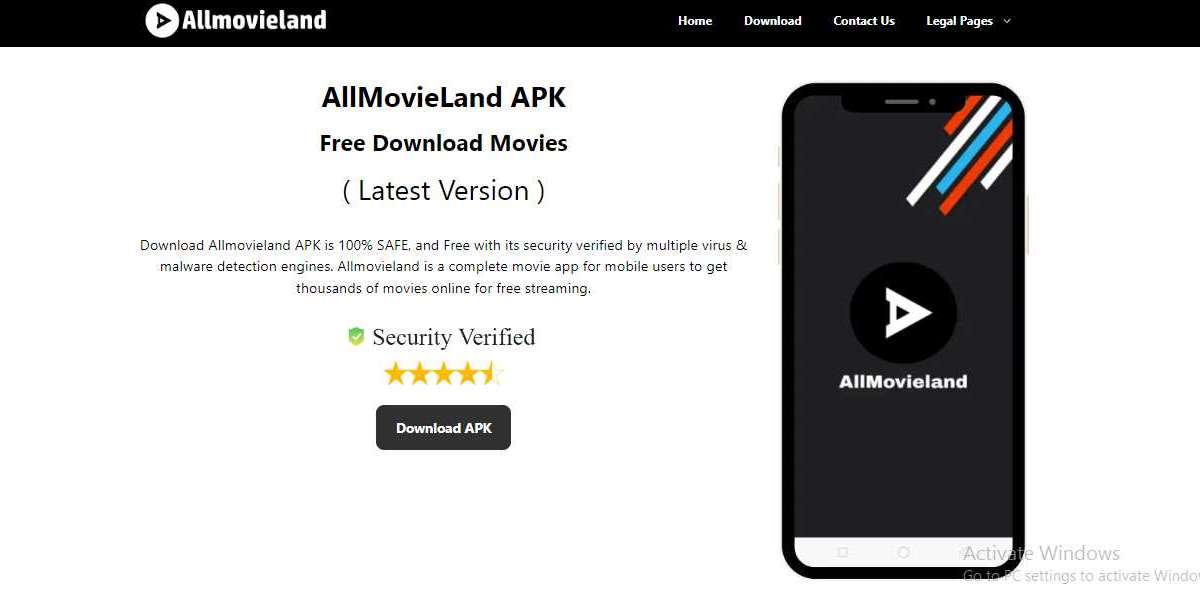For businesses involved in importing pre-packaged commodities into India, compliance with legal requirements is critical. One such requirement is obtaining LMPC registration, also known as the Legal Metrology Packaged Commodities registration. This registration ensures that goods entering the Indian market follow fair trade practices and meet labeling standards that protect consumers.
Failure to comply with LMPC rules can lead to penalties, confiscation of goods, and reputational damage. That’s why understanding the process, eligibility, and documentation is essential for importers and manufacturers alike.
What is LMPC Registration?
LMPC stands for Legal Metrology Packaged Commodities. Under the Legal Metrology Act, 2009, businesses that import, manufacture, or sell pre-packaged products must register with the Legal Metrology Department. This registration certifies that the packaging meets labeling standards, such as:
Name and address of the importer or manufacturer
Net quantity and weight
Maximum retail price (MRP)
Date of manufacture or import
Customer care details
By securing LMPC registration in India, businesses ensure transparency in their operations while building trust with customers.
Who Needs LMPC Registration?
LMPC registration is mandatory for:
Importers bringing packaged goods into India
Manufacturers of pre-packaged products sold in the Indian market
E-commerce sellers dealing with packaged commodities
If your business deals in food products, electronics, cosmetics, or any commodity sold in a packaged form, LMPC compliance is necessary. This step not only avoids penalties but also smoothens the clearance process during imports.
Process of Obtaining LMPC Registration
The process may vary slightly depending on the state where the application is filed, but the general steps include:
Step 1: Application Submission
The business owner must submit the LMPC registration application to the Legal Metrology Department, either online or offline.
Step 2: Document Preparation
Supporting documents such as the importer-exporter code (IEC), GST registration, certificate of incorporation, and packaging details are required.
Step 3: Department Verification
The Legal Metrology Officer verifies the submitted information, packaging labels, and compliance with rules.
Step 4: Grant of Registration
If everything is in order, the department issues the LMPC registration certificate, allowing businesses to import and sell packaged products legally.
Benefits of LMPC Registration
Regulatory compliance: Ensures adherence to Indian laws, reducing the risk of penalties.
Smooth customs clearance: Import shipments are cleared faster when LMPC registration is in place.
Consumer trust: Transparency in labeling builds confidence among buyers.
Business growth: Compliance with standards opens opportunities for partnerships with reputed retailers and e-commerce platforms.
Common Challenges Faced by Businesses
Many businesses face delays in obtaining LMPC registration due to incomplete documentation, lack of awareness about labeling rules, or state-specific requirements. Small importers often underestimate the importance of LMPC compliance, leading to shipment holds at ports. Partnering with professional advisors can help businesses avoid these roadblocks and ensure hassle-free approvals.
Final Thoughts
LMPC registration in India is more than a legal formality—it is a safeguard for both businesses and consumers. For importers and manufacturers, timely registration ensures smooth operations, regulatory compliance, and improved market credibility.
If your business is planning to enter the Indian market with pre-packaged commodities, securing LMPC registration should be your top priority. Seeking expert guidance can simplify the process and save valuable time, allowing you to focus on scaling your business.
FAQs
1. What is LMPC registration, and why is it required?
LMPC registration is a legal requirement for importers and manufacturers of pre-packaged goods in India. It ensures proper labeling and compliance with trade laws.
2. How long does it take to get LMPC registration?
The timeline depends on the state authority, but typically it takes between 7 to 15 working days, provided all documents are complete.
3. Is LMPC registration mandatory for e-commerce sellers?
Yes, sellers on platforms like Amazon, Flipkart, and other marketplaces need LMPC compliance if they sell pre-packaged products.
4. What happens if I don’t get LMPC registration?
Non-compliance can result in penalties, detention of goods, and even suspension of business activities.



